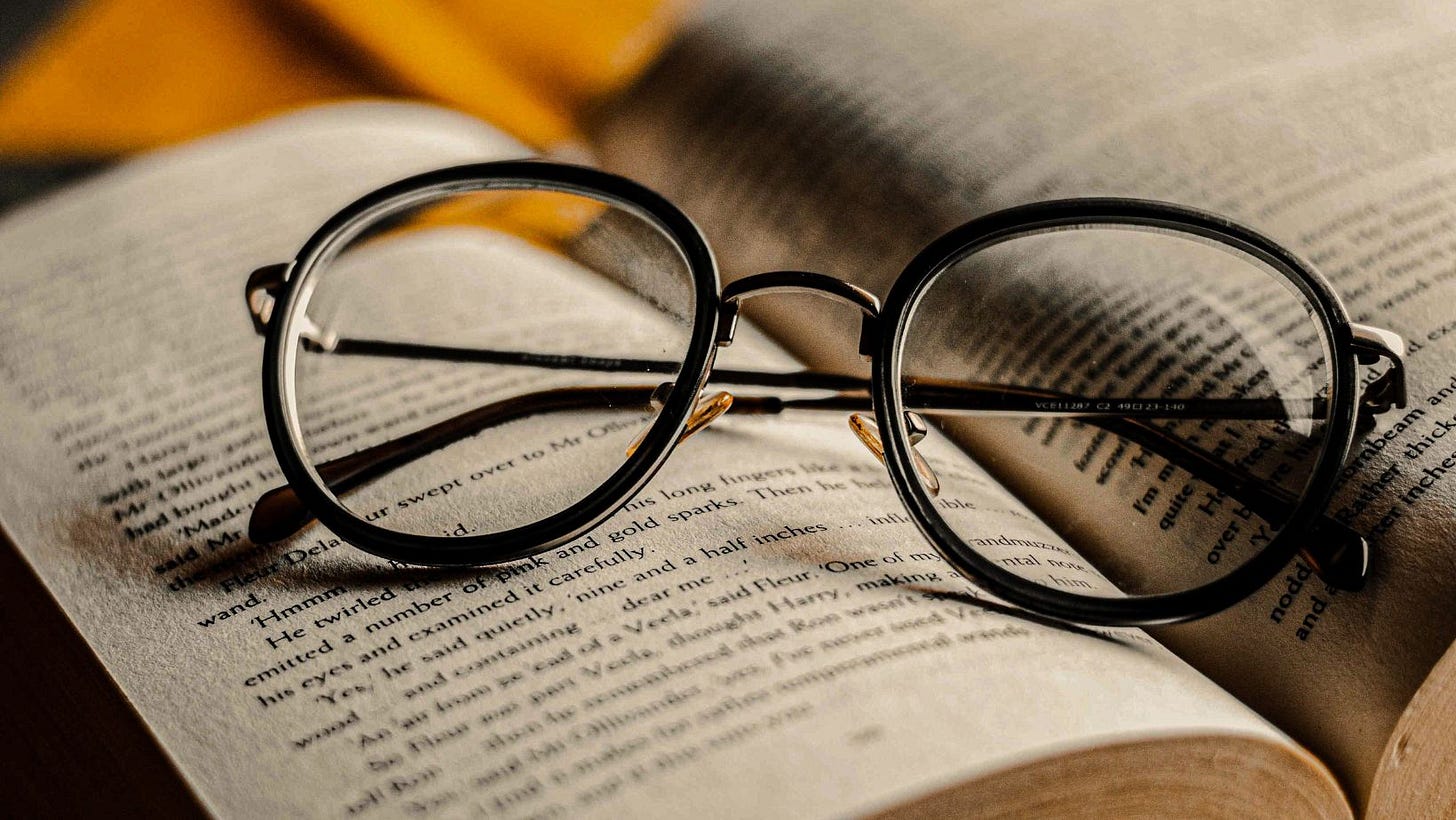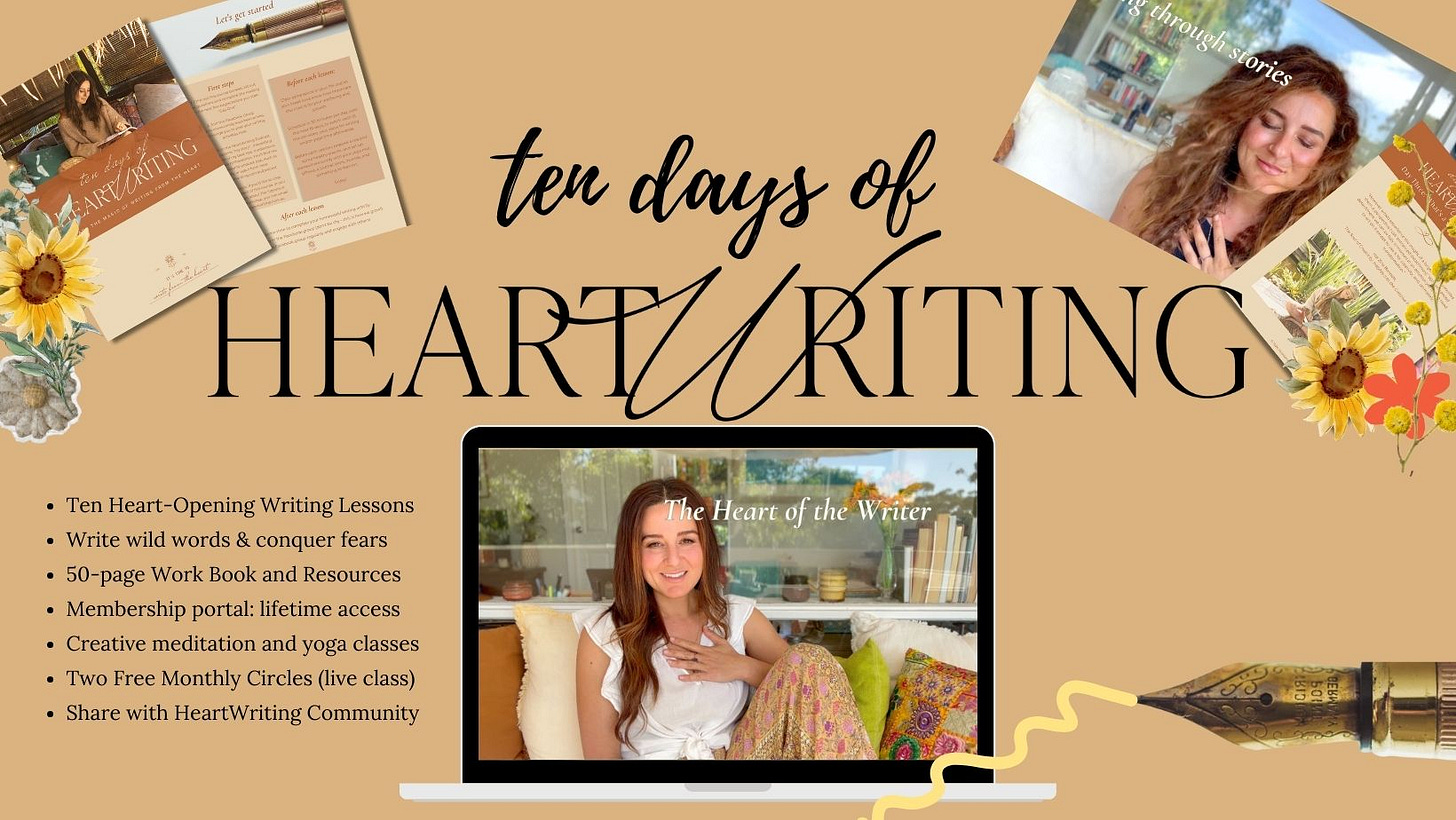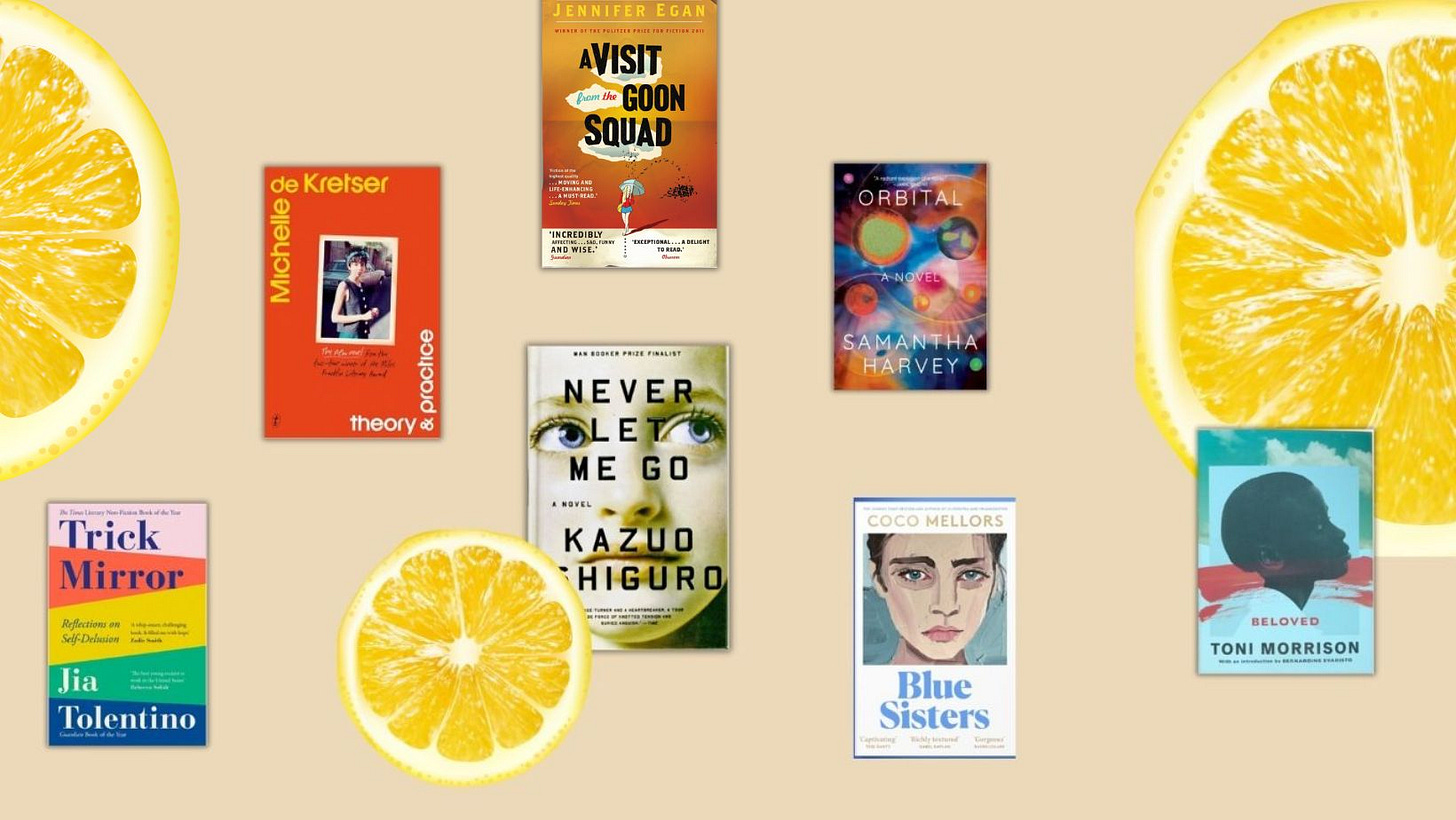Holiday Reading Part Two: The Intellectual Edit
A neat little list of intelligent literature for your solo cafe soirées over summer – with thankfully absolutely no mention of Colleen Hoover.

1. The Bell Jar by Sylvia Plath
If you’re a feminist – and whether woman or man or non-binary, I’m sure you are – this is one of those texts you simply must have on your shelf. The Bell Jar is a powerful reminder of Plath’s impact on social politics and feminism, written in a semi-autobiographical style and published under the pseudonym Victoria Lucas during the second wave of feminism. The Bell Jar plunges readers into Esther Greenwood’s glamorous world during a summer internship in New York. Esther wrestles with identity, ambition, and the weight of societal expectations. Plath paints her descent into mental illness with piercing clarity, juxtaposing the city’s brilliance with Esther’s inner darkness. Through sharp prose and haunting imagery, the novel captures the complexities of a woman navigating a world that feels both dazzlingly open and suffocatingly narrow. An enduringly relevant exploration of the struggle for authenticity in a world that demands conformity. If you’ve fangirled over Plath’s poetry, it’s time to read her prose.
2. Stone Yard Devotional by Charlotte Wood
In Stone Yard Devotional, Charlotte Wood crafts a profound meditation on grief, faith, and moral reckoning. A woman retreats to a secluded religious community on the stark Monaro plains, seeking refuge from her crumbling life. Her days, steeped in monastic rhythms, are fractured by a mouse plague, the grim return of a long-lost sister’s remains, and an enigmatic visitor. Through these trials, she confronts deep existential questions: Can goodness transcend circumstance? Is forgiveness ever complete? Wood’s prose is spare yet luminous, a quiet symphony that resonates with questions about humanity, morality, and the burdens – and gifts – of memory. As always with Charlotte Wood, it’s a haunting masterpiece.
3. The Booker Prize winners of 2024:
Orbital by Samantha Harvey (Booker Prize)
It’s rumoured that Harvey almost lost her nerve with this book and gave up – and luckily she was talked into persevering, because look how far it went! Orbital is a luminous meditation on humanity's place in the cosmos. Set aboard the International Space Station, the novel chronicles a single day in the lives of six astronauts from diverse backgrounds, each orbit offering a fresh perspective on Earth and existence. Harvey's prose is both spare and profound, and the narrative's structure – sixteen orbits mirroring the station's daily journey – invites readers to contemplate time and space's fluidity in a fittingly abstract storytelling style.
Kairos by Jenny Erpenbeck (International Booker Prize)
Set against the crumbling certainties of East Berlin, Kairos explores the fraught spaces where love and power intertwine. When a young woman and an older, married man meet by chance, their connection ignites into an affair as tender as it is destructive. Erpenbeck masterfully juxtaposes their doomed relationship with the collapse of the GDR, unearthing the fragility of trust and the corrosive potential of betrayal. In lush, unflinching prose, the novel examines art, history, and the personal stakes of political upheaval.
And just for your information, the Booker Prize recognises English-language fiction, while the International Booker Prize recognises fiction that has been translated into English.
4. Manhattan Beach by Jennifer Egan
Women learning to scuba dive in the 1940s – while navigating a world shaped by men, war and illegal rackets? Could this book be any more historical and feminist? Jennifer Egan’s Manhattan Beach plunges us into New York’s Great Depression, weaving a story as vast and surprising as the ocean itself. In a world where women are only allowed the simplest of jobs, Anna is given a rare opportunity to train to be a scuba diver, and discovers not just the ocean but also the truth behind her father’s disappearance. Egan’s prose is widescreen cinematic – seriously, you’ll see what I mean – blending social realism with transcendent human moments of heart and truth. This is historical fiction at its most lyrical, meditating on resilience and human fragility.
The novel began as a draft nearly fifteen years before its publication in 2017, though Egan has admitted the early version was deeply flawed and required years of rewriting and extensive research. Despite nearly abandoning the project, she pressed on, eventually completing a 1400-page handwritten manuscript. Writing at a pace of five to six pages daily, the process spanned over a year and a half, reflecting Egan’s dedication to crafting a story rich in historical detail and emotional resonance. With exquisite detail and emotional depth, Manhattan Beach is a masterful exploration of identity, survival, and the shifting tides of time. Worth the wait.
5. The Virgin Suicides by Jeffrey Eugenides
Compelling beyond measure! In a Detroit suburb, the five enigmatic Lisbon sisters are the object of the neighbourhood boys’ obsessive gaze, their suicides unravelling a fragile world of innocence and desire. Told through the collective voice of the boys, now adults, The Virgin Suicides is a kaleidoscopic meditation on loss, longing, and the unknowable nature of others. Eugenides’ prose is darkly poetic, blending humour with devastating insight. This haunting exploration of power dynamics and voyeurism is a sobering commentary on the ways society constructs and consumes femininity under patriarchal norms.
6. The Sense of an Ending by Julian Barnes
I found this book both hilarious and deeply disturbing. Julian Barnes’ The Sense of an Ending is a masterful exploration of our unreliable memory. Tony Webster, now in middle age, reflects on his school friendships and his role in a tragic love triangle. When a lawyer’s letter reopens the past, Tony is forced to confront his flawed recollections and the moral ambiguity of his actions. Barnes’ prose is precise and deeply introspective, weaving irony and emotion into a compact narrative. Winner of the 2011 Booker Prize, this novel lingers long after the final page, inviting readers to question how we construct – and live with – our histories.
7. Trick Mirror by Jia Tolentino
Oof, get ready to get deep! In Trick Mirror, Jia Tolentino delivers razor-sharp essays dissecting the cultural contradictions of modern life. From the seductive toxicity of the internet to the commodification of self-optimisation, Tolentino examines the forces shaping identity in a world obsessed with performance. Her prose is dazzling – blending wit, incisiveness, and philosophical depth as she critiques our culture of self-delusion. Each essay offers a mirror to our times, revealing truths we’d rather avoid. Trick Mirror is both unsettling and enlightening, a landmark collection that captures the absurdity and poignancy of navigating existence in an era defined by hyperconnectivity and self-awareness.
8. Theory & Practice by Michelle de Kretser
One of Australia’s shining literary stars, Michelle de Kretser’s Theory & Practice defies categorisation, blending fiction, essay, and memoir into an exhilarating exploration of desire, truth, and artistic failure. Set in 1986 Melbourne, the novel follows a young woman researching Virginia Woolf while falling for a self-styled radical whose ideals crumble under scrutiny. De Kretser intelligently dissects the intersections of art, identity, and morality in a novel that invites us to interrogate our own narratives. A deeply intellectual and profoundly human work, Theory & Practice pushes the boundaries of what fiction can achieve.
9. Juice by Tim Winton
Y’all know I adore this Western Australian oceanic wordsmith – and I feel just a lil connected to him since I studied the same creative writing degree at the same University. Tim Winton’s Juice is a little different to Cloudstreet: a harrowing exploration of survival and morality in a post-apocalyptic landscape. Following a man and a child seeking refuge in a ravaged desert, the novel wrestles with the cost of human resilience as society collapses into barbarism. Winton’s prose is stark yet lyrical, capturing both the desolation of the world and the fragile humanity of its characters. A landmark of climate fiction, Juice is searingly relevant, confronting readers with the ethical dilemmas of our ecological crisis. Winton’s narrative force is unrelenting, his vision uncompromising – a masterwork of contemporary Australian literature.
10. The Stranger by Albert Camus
Albert Camus’ The Stranger is a philosophical tour de force, capturing the stark alienation of modern existence. Meursault, an unremarkable man in colonial Algeria, becomes entangled in a senseless murder, his indifference laying bare life’s absurdity. Through spare, haunting prose, Camus confronts the human condition, probing the tension between freedom and nihilism. As Meursault awaits execution, his defiant embrace of the absurd transforms him into a symbol of existential clarity. A cornerstone of 20th-century literature, The Stranger (sometimes called The Outsider) is a profound work on meaning, morality, and the beauty of a world stripped of illusion.
Thank you, dear reader!
I hope you enjoyed this two-part series, 20 Glittery Books for your Holiday Reading (with thankfully absolutely no mention of Colleen Hoover). Enjoy this dive into my personal book collection, especially because I don’t always get time to review books between writing, teaching writers, and editing books. My hope is that these booklists helped you nail your choices this festive season while exposing you to some dazzling works of literature that will keep your mind sharp and your heart pounding. Also check out yesterday’s cocktails on the beach booklist, and let me know what your favourites are!
With love, Rose x
Download my full, spectacular booklist PDF for free in the Taster of HeartWriting.







Oh gosh, your wonderful reviews make me want to read ALL of these books 📚🙏 Adding then to the list... Xx